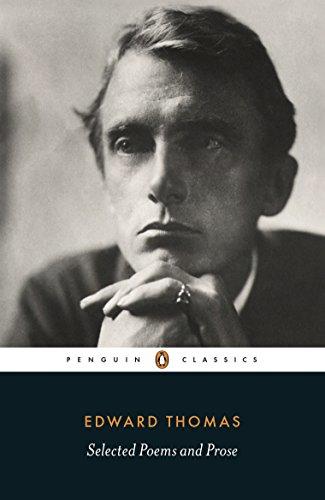Summer Reads 2
by Amanda Bursk on 2024-08-07T16:29:42+01:00 | 3 CommentsAdam Young (Library Attendant) has written the following:
I like to see winter reading is for the home and ‘the big conversation’ and summer reading is for the adventure. No right-minded wanderer is going to struggle through snow when a bottle of beer warms on top of the stove in the guest lodge.
Winter is for being cooked up in Thomas Mann’s sanatorium or locked away with Lord Byron and Percey Shelley (I struggle to think of a worse experience) as you dream up Frankenstein. It is the flower bed of imagination and of ideas.
Summer is The Canterbury Tales and The Call of The Wild. The pilgrimage and journey to new thoughts, stories, and smells. It is, to borrow that hackneyed phrase, where we find ourselves. Of course, home- in another tired cliché- is where the heart is, and we discover much about ourselves when reflecting on our routines.
We do not have go far in our travels or have a particularly exciting adventure. Nowadays our trips contain all mod cons, and so our reading often reflects those changes. In fact, I know adventures can happen every day, in the streets I walk daily, and in the village I live in. Sometimes it all clicks, my world changes or I see something I never took notice before, or I am feeling different that morning. “You look at a thing nine hundred and ninety-nine times, you are perfectly safe” wrote Chesterton, “you look at it the thousandth time, you are in frightful danger of seeing it for the first time.” The Dubliners swims with adventures and new experiences, but it is all about the home.
I realise that under my definition, most books are made for summer and winter, as they are for spring and autumn. But this lets me ask, does one read to escape our miserable summers or to celebrate them; is one running away for some sun or staying put and relishing the rain? And here, I reveal myself a bore: I love miserable summers as much as I love dull winters.
And so, by fairness, I can only recommend one book for summer reading: the Selected Poems and Prose of Edward Thomas.

Thomas, unfairly, is labelled a ‘war poet’ by lazy literature graduates, but he is only a war poet like Kipling was a war poet. Yes, he wrote poems about the Great War, Thomas even fought and died in it, but the war was not his sole focus. The bulk of his literary output was about the English countryside, and his poetry only came about in a short three-year period instigated by his friendship with Robert Frost.
His greatest poems tend to be of the slightly- only slightly- cheerier Housman variety. I read him often, but the one poem that keeps coming back to me during this summer is ‘The Word’. In it, our narrator writes about all the things he has forgot over the years that were once so important to him, or were not:
...I have forgot, too, names of the mighty men
That fought and lost or won in the old wars,
Of kings and fiends and gods, and most of the stars.
But soon he realises there is something he cannot forget, which is all around him, contained outside of himself:
While perhaps I am thinking of the elder scent
That is like food, or while I am content
With the wild rose scent that is like memory,
This name suddenly is cried out to me
From somewhere in the bushes by a bird
Over and over again, a pure thrush word.
When I read ‘a pure thrush word’, I persuade myself, to paraphrase Samuel Johnson on Gray’s Elegy, that I has always felt those words. But I have never written or thought so beautifully.
Yesterday, Tuesday, as the rain poured all day and I waited for the bus home, I thought of this poem. It made me think of the world in a way I know I have felt many times before but have forgotten. But to forget is beautiful and keeps us sane. If we did not forget, we would, like Borges’ Funes, be lost in endless recollection and truly out of the world. No wet or dry summer would have magic beyond our first. We would never grow.
Adventures, great summers, are made in the mind, and I think Thomas knew that as well. The writer of ‘Adlestrop’, a poem about the explorations we make without even trying, must surely knew that an active engagement with the world, in the bad and in the good, are what make us human and what makes our surroundings spark.
Add a Comment

Posts: 0

Posts: 0

Posts: 1
This is a great post, Adam :)
The Call of the Wild is one of my favourite books.
Reply
Search this Blog
Recent Posts
A profile of Kenneth Williams
A profile of Kayleigh McLeman
Academic Services Showcase 2025 - a presenter's experience
ALN Frontline Forum - Handling Frontline Queries
A Profile of Emily Bamforth
A profile of James Davies
A profile of Karen Robb
A profile of Katherine Anderson
A profile of Lauren McElhone
A profile of Julia Bamber - Library Attendant (Walton Library)
Did you know...? artED: a new art project launch
Summer Reads 2
Summer Reads
Did You Know...? Creative Writing
Did You Know...? LARPing
Subscribe
Enter your e-mail address to receive notifications of new posts by e-mail.
3 Comments.
Latest comment 2024-08-07T16:29:42+01:00 by Amanda Bursk